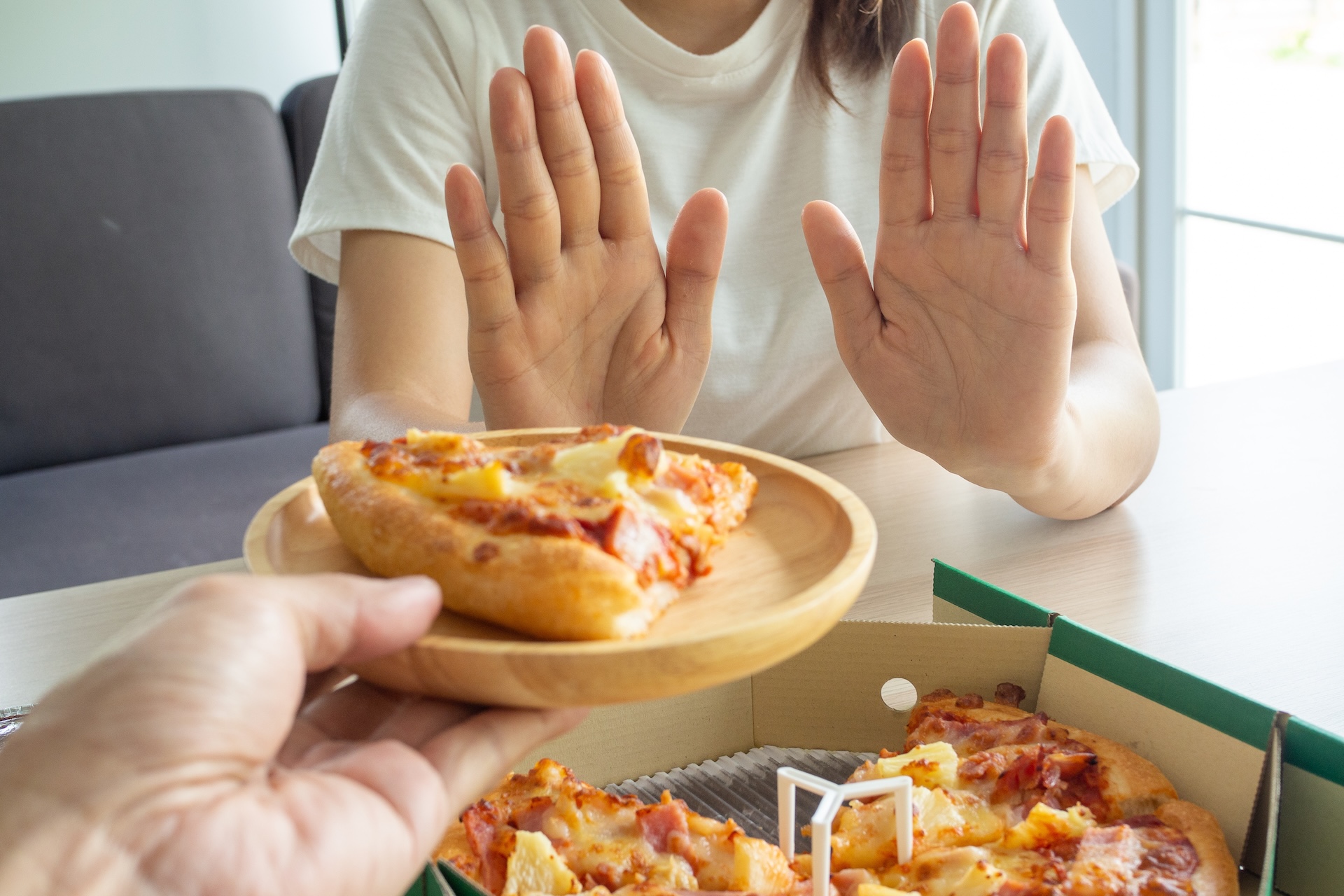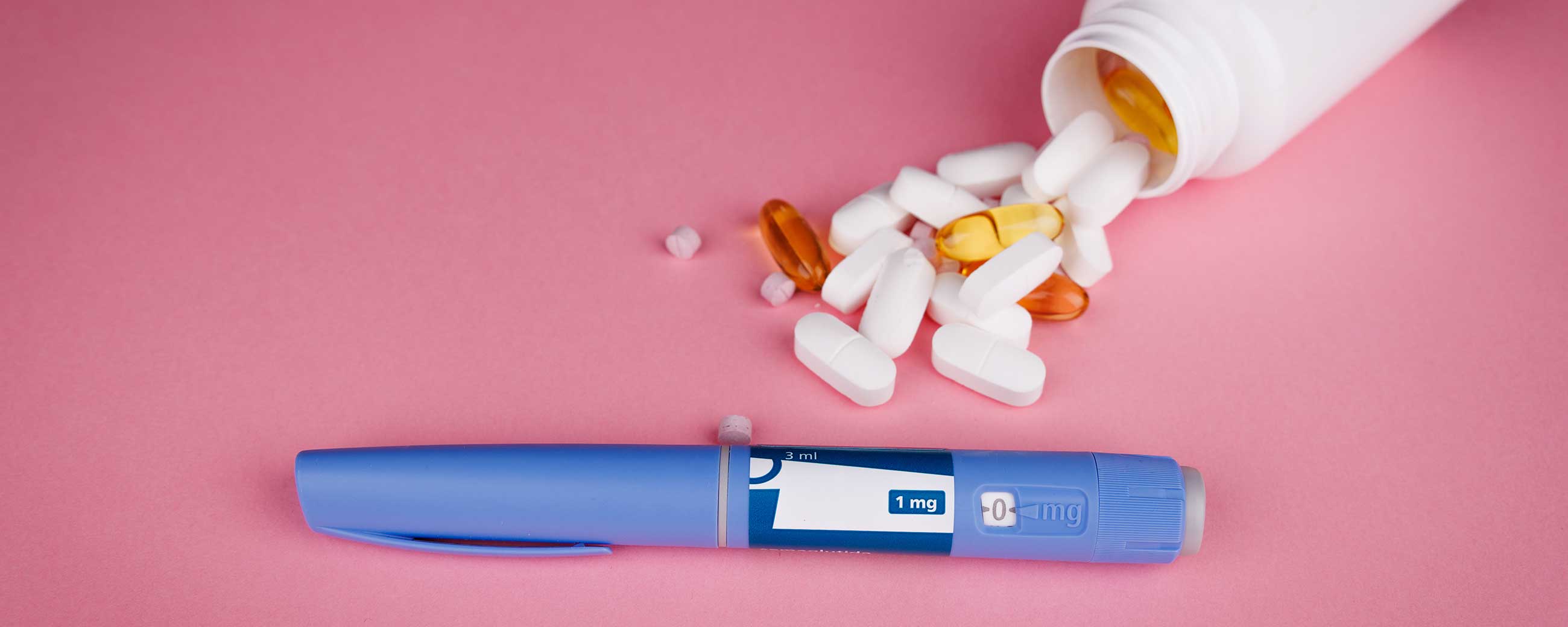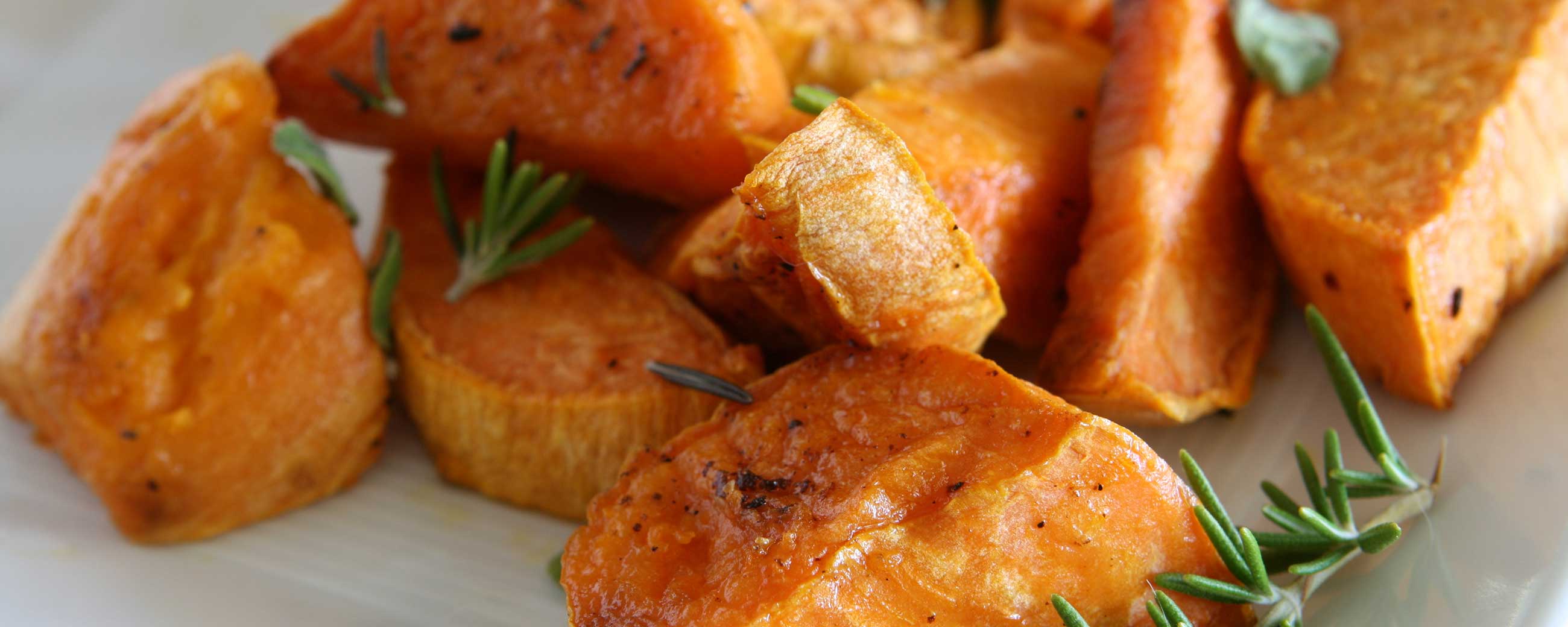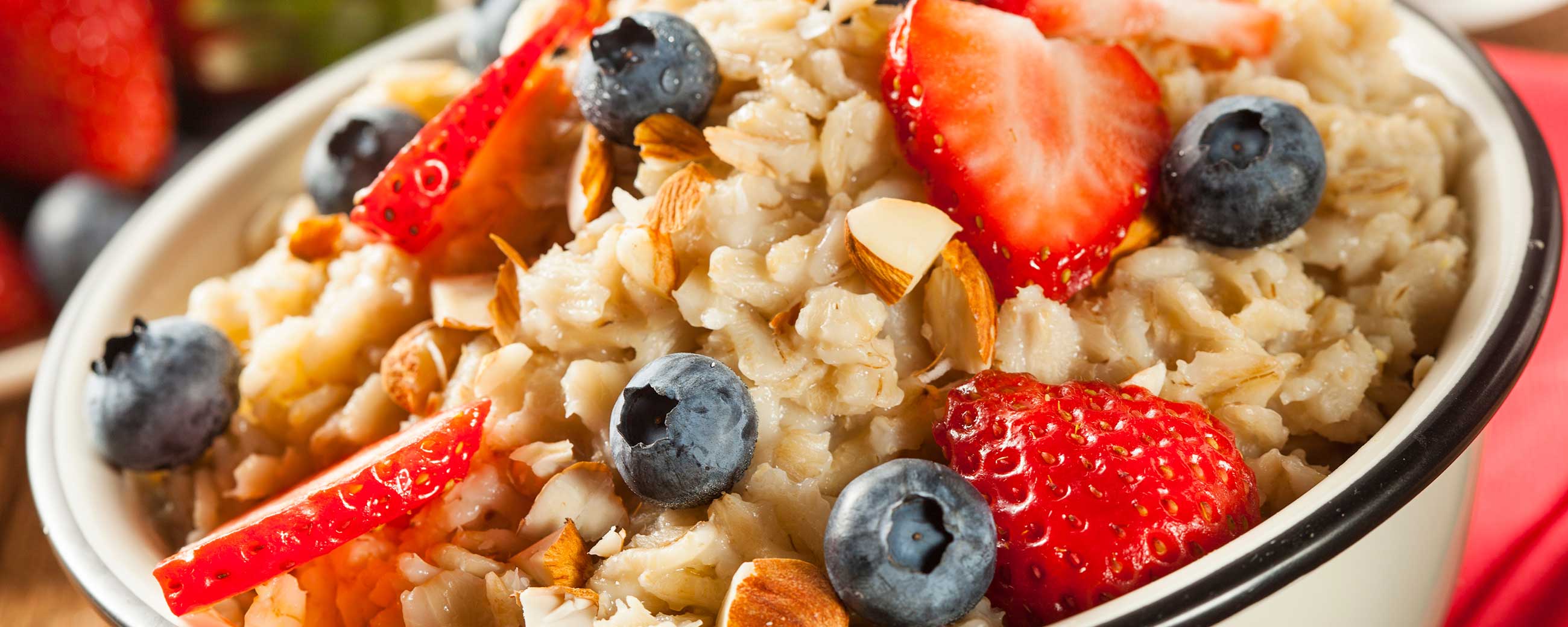
Foods To Avoid While Taking Ozempic

While not for everyone, Ozempic, Wegovy and other GLP-1s can be a game changer for people looking to control their weight. However, like with any medication, there are things that should be avoided or closely monitored when you are on a GLP-1. In this article, let’s take a look at foods to avoid on Ozempic that may make it harder for the medication to do its work. However, be advised that your medical provider might have individualized recommendations based upon your specific situation, so always start by talking to them first.
Sweet and sugary food & drinks
It might seem like common sense, but sugary or overly sweet foods and drinks are definitely foods you should avoid on Ozempic. The main function of Ozempic is to help your body better regulate glucose levels. Overdoing it on soda, smoothies, overly sweetened coffee drinks or any sweet treats is going to make it much harder for Ozempic to do what it was designed to do. Extra sweet foods also tend to be higher in calories which, if you’re hoping for some weight loss while taking Ozempic, makes that goal much harder to reach. Juice, cakes, cookies, jams, jellies, maple syrup, and pastries are other examples of foods to avoid while taking Ozempic.
Foods high in fat
Higher fat foods take longer to digest. Because Ozempic helps patients lose weight in part by slowing the digestion of food, adding foods that already take a long time to digest can be a recipe for an upset stomach or nausea. Extra rich foods like pizza, fried foods, or rich sauces are foods to watch out for.
Starchy veggies and fruits
While fruits and vegetables are packed with vitamins and other nutrients, starchy vegetables can spike your glucose levels quickly. Starchy foods to avoid include potatoes, corn, carrots, beets, and peas. Instead, opt for non-starchy vegetables that help to keep your blood sugars on a more even keel.
Alcohol
As with any medication, it’s a good idea to limit your alcohol intake while using Ozempic. Whether you have diabetes or not, alcohol irritates your stomach to one degree or another. As we mentioned above, food and drink take a longer time to digest while taking Ozempic, so the likelihood of increased stomach irritation and upset with alcohol increases as well. While you may not need to cut it out of your diet completely, alcoholic beverages are another example of Ozempic foods to avoid.
What can I eat on Ozempic?
It’s not all doom and gloom when it comes to foods while taking Ozempic. While we went through quite a list of foods to avoid while taking Ozempic above, there are still plenty of tasty, nutritious foods that get a green light when taking this medication.
- Lean protein: Fish, chicken, turkey, beans, tofu, and leaner cuts of beef and pork are great options. These proteins are nutrient rich and calorie dense, and can provide you a good deal of energy even if you’re not as hungry as usual.
- Non-starchy vegetables and fruits: Low-glycemic index fruits and vegetables can help Ozempic work even better in your body by helping to avoid spikes in blood sugar. Leafy greens, tomatoes, cauliflower, and most berry fruits are all great options.
- Dairy products: Greek yogurt, cottage cheese, and milk are also good nutrient rich foods that get the Ozempic green light. If fuller fat versions of these items leave you feeling too full or nauseated, try reduced-fat versions instead.
- Seeds and nuts: Packed with healthy fats and nutrients, nuts and seeds are great snack food options while on Ozempic. If you’re extra prone to snacking all day, you can pre-measure these foods for an easy grab-and-go snack choice.
Can I eat eggs on Ozempic?
Eggs are another “your results may vary” type of food while on Ozempic. Overall, eggs are a healthy option for most people, and are rich in protein and other nutrients. That high protein content can also lead to some stomach upset with the slower digestion common to patients taking Ozempic. In addition, many people have sensitivity to eggs that can be exacerbated on Ozempic. Try limiting added fats like cream and cheese to your eggs, which should reduce stomach upset.
Can I eat bananas on Ozempic?
Bananas are another mixed bag when it comes to Ozempic. Bananas are a low- to medium-glycemic food depending on the ripeness of the fruit (meaning: the more ripe the banana the higher the glycemic index) which isn’t a good option when trying to control glucose levels. The fiber content in bananas and other fruits can slow down absorption, potentially contributing to stomach upset. Ultimately, work with your provider to determine if bananas are a good choice.
Can I drink diet coke on Ozempic?
You don't need to completely avoid diet sodas while taking a GLP-1s or semaglutides. However, some people taking Ozempic report that they experience nausea, indigestion, and sulfur burps when taking the medication. If you experience these symptoms, you may want to consider reducing or eliminating the amount of carbonated beverages you consume.
Can I drink coffee on Ozempic?
There's no known interactions between coffee and GLP-1s, so Ozempic and coffee should be relatively safe. However, since Ozempic can sometimes cause gastrointestinal side effects, it's important to be aware that coffee may exacerbate these problem, leading to nausea, cramping, or diarrhea. If you experience these issues, you may want to cut back on your coffee consumption and see if the symptoms subside.
Can I eat popcorn on Ozempic?
Plain, unbuttered and unsweetened popcorn is a good food choice when taking Ozempic or other GLP-1s. Avoid excess butter, as this may upset your stomach, and added sugars from sweetened versions like caramel can cause glucose levels to rise.
Can I eat peanut butter on Ozempic?
Small amounts of peanut butter are likely a good option while taking medications like Ozempic because it has only a minimal impact on blood sugar. That said, the fat content of peanut butter may cause stomach upset and nausea if you overindulge.
Can I eat cheese on Ozempic?
Fulller fat cheeses can sometimes make people on Ozempic feel nauseous. For optimum results, prioritize cheeses that are higher in protein and lower in carbs and categories, like cottage cheese, parmesan, part-skim mozarella, feta and goat cheeses.
Can I eat pizza on Ozempic?
When you're on Ozempic, fatty and greasy foods like pizza can potentially cause nausea, bloating, or reflux. However, as long as you keep your portions small, use a part-skim mozzarella or goat and feta cheese, and embrace alternative crusts like cauliflower crust, many people make successfully eat pizza in moderation when they are on Ozempic.
The Takeaway
Ultimately, your food choices while taking Ozempic are going to come down to the severity of your side effects. As a simplified guideline, avoid foods that are overly rich or too high in fats to avoid stomach upset and potential nausea. You should also avoid overly sweet foods and drinks to better control any blood glucose spikes or dips. The key will be working with your healthcare partners to find a balanced diet that keeps you healthy, satiated, and minimizes side effects.
If you are interested in exploring a natural alternative to Ozempic, Virta Health may be able to help. By making healthy lifestyle changes in a medical setting with supportive resources like 1:1 virtual coaching, you can regain control of your health and feel like yourself again. See if you’re eligible for Virta Health here.
This blog is intended for informational purposes only and is not meant to be a substitute for professional medical advice, diagnosis, or treatment. Always seek the advice of your physician or other qualified health provider with any questions you may have regarding a medical condition or any advice relating to your health. View full disclaimer
Are you living with type 2 diabetes, prediabetes, or unwanted weight?








